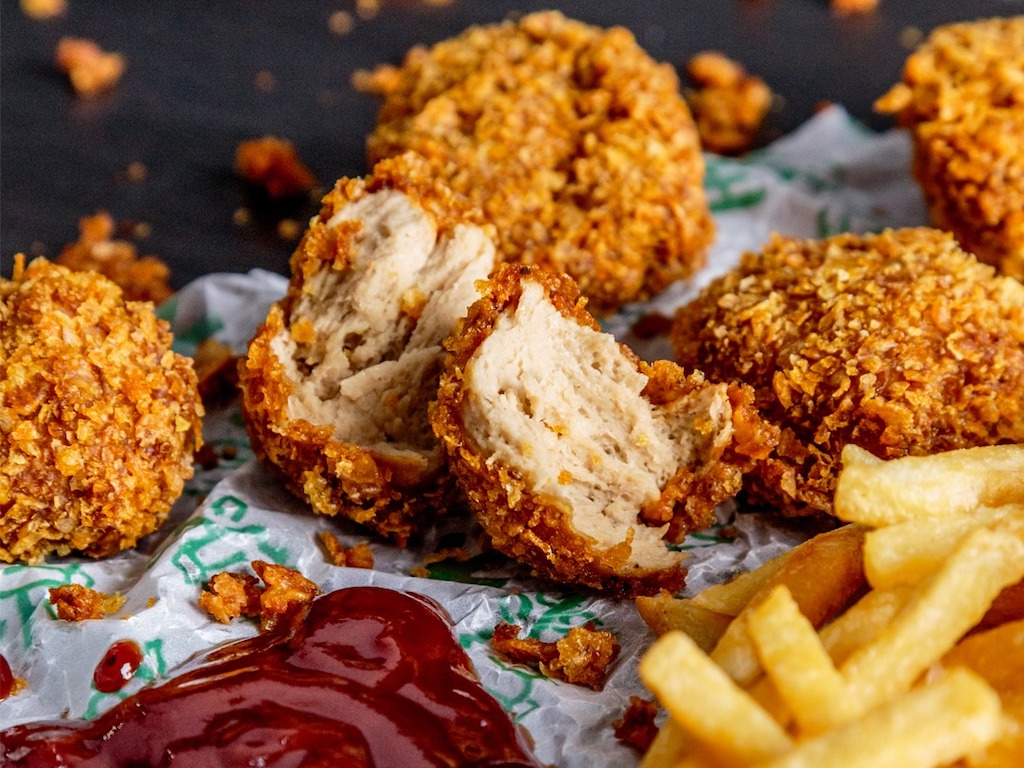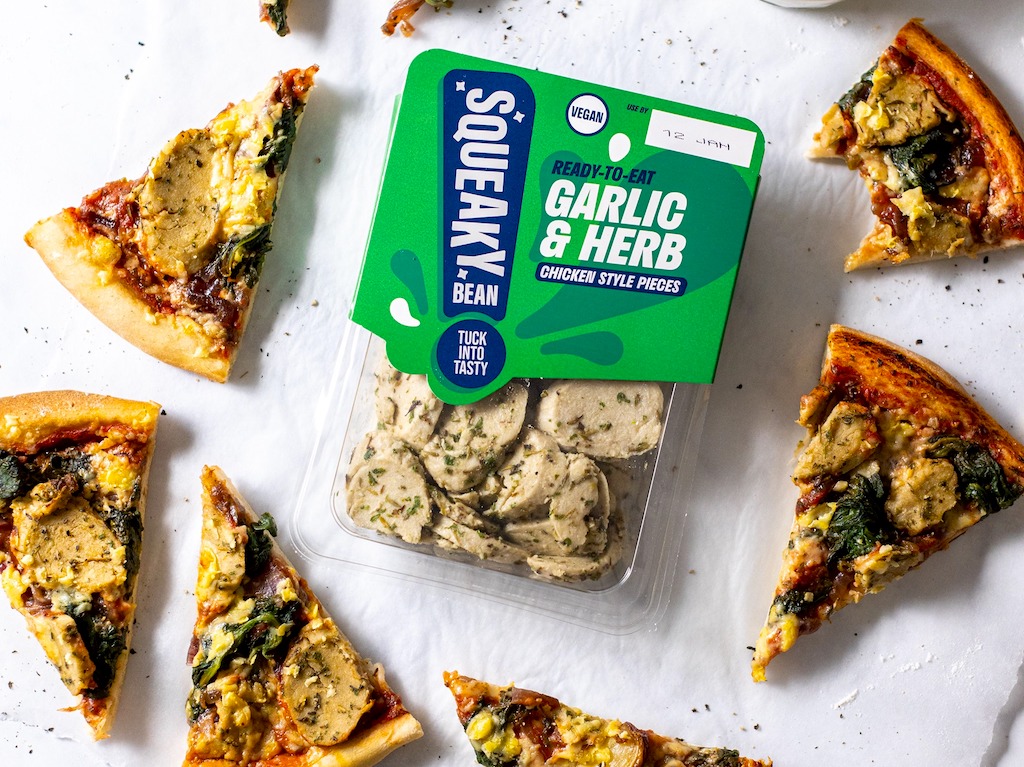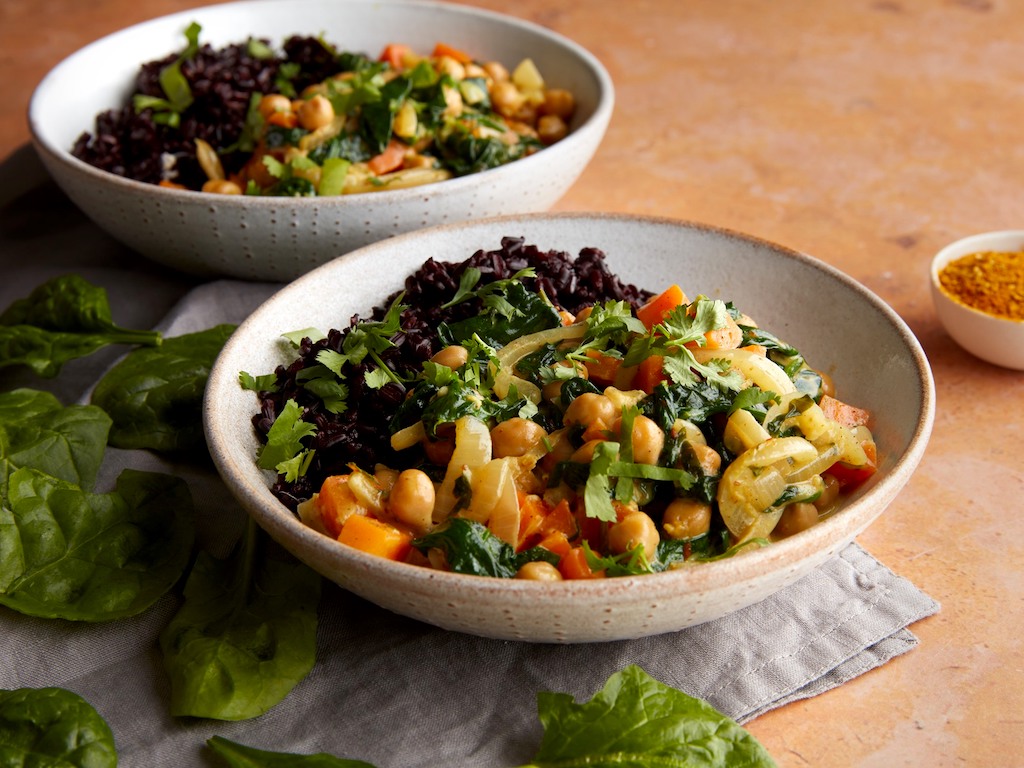4 Mins Read
People in the U.K. are dramatically reducing their animal-based food intake since the pandemic, a new survey has found. The poll, focused on changing consumer habits in the country, revealed that as many as one in four Brits have already cut back on some form of animal products since the first lockdown, with the main motivations being health, followed by environmental and animal rights reasons.
According to new research conducted by The Vegan Society, the U.K. population has made a significant shift away from animal-based products since the Covid-19 pandemic. Over the past twelve months, one in five Brits said that they have reduced meat intake, while 12% have minimised consumption of eggs and dairy.
With an additional 7% saying that they have reduced the intake of all three animal-based product categories, the research estimates that a quarter of the overall British population have reduced animal products since the first lockdown began.
The survey, which examined changing consumer attitudes amid the pandemic, also found that just under a third (32%) are now beginning to think more about their personal impact on the environment.

It’s no surprise that the pandemic has inspired so many consumers to make the switch to plant-based alternatives and adopt a more planet-friendly diet.
Louisianna Waring, Insight & Commercial Policy Officer, The Vegan Society
In a follow-up poll of those who had cut back on animal products, researchers revealed that the main motivations were health (35%), followed by the environment (30%) and animal rights issues (21%). For older generations above the age of 55, health reasons were paramount to their decision to reduce intake of animal foods, with nearly 4 in 10 citing it as their top reason.
In line with global trends, the data shows that Brits who are reducing their animal consumption are looking for plant-based meat replacements, with over half of respondents (54%) reporting that they began buying vegan meat alternatives during lockdown. Of those first-time buyers, a huge majority (78%) said they plan on continuing to do so.
Similar results have been revealed in polls conducted in the U.S. among first-time purchasers of plant-based meats, who are mainly consumers who began pursuing flexitarianism amid the pandemic. Globally, over 40% of consumers now consider themselves part-time plant-based or flexitarians.
Other products that are rising in popularity amongst respondents in the latest British survey included plant-based milk, particularly oat milk, which saw 67% of first-time buyers say they plan on purchasing again in the post-Covid era. Coconut milk also ranked highly, with 60% of those who purchased the product for the first time in lockdown saying they will continue doing so.

Covid-19 has certainly made people think twice about what they’re eating and where it’s coming from.
Louisianna Waring, Insight & Commercial Policy Officer, The Vegan Society
Commenting on the findings, The Vegan Society insight and commercial policy officer Louisianna Waring said: “It’s fantastic to see that not only are people consciously cutting back on animal products, but that this trend has continued over the last twelve months. It’s no surprise that the pandemic has inspired so many consumers to make the switch to plant-based alternatives and adopt a more planet-friendly diet.”
A number of other surveys conducted within the U.K. in recent months have yielded similar findings, including one Finder.com poll that estimated a staggering 6.5 million people in the country have plans to go either vegan, vegetarian or pescatarian and ditch meat altogether in 2021.
Another poll, commissioned by vegan charity Viva! and conducted by independent market research firm OnePoll, revealed that almost 9 in 10 people (85%) in the U.K. are now in favour of an immediate ban on factory farming, citing concerns over infectious diseases as the main reason for supporting the policy.
“Covid-19 has certainly made people think twice about what they’re eating and where it’s coming from,” said Waring. “This is highlighted by the large number of people cutting down on animal products because of their own health concerns.”
Lead image courtesy of Mindful Chef.




